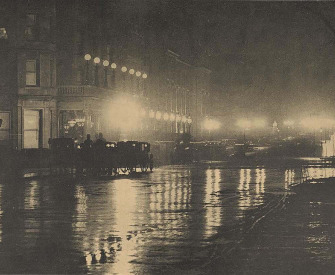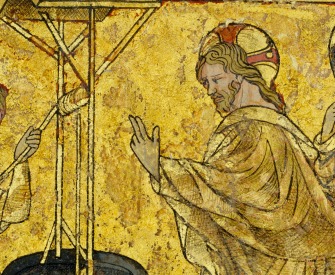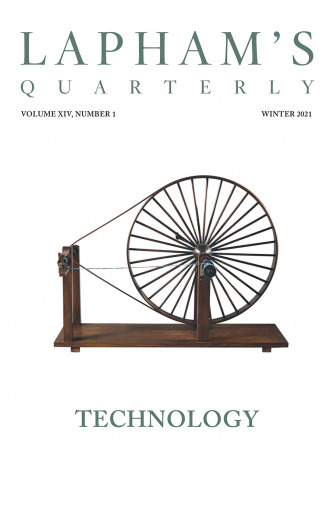Herr von Rothschild is really the best of political thermometers; I will not compare him to a tree toad because it would not sound respectful. And we must be respectful to him if only out of the respect he inspires in most people. I like best to visit him in his office at the counting house, where I can make philosophical observation of the way people—not alone the chosen people of the Lord, but all other people—bow and cringe before him. There is a bending and twisting of spines that a contor- tionist could hardly beat. I see some who jump as they approach the great baron as if they had touched a voltaic pile. At the door of his room many are taken with a shudder of awe, such as seized Moses on Horab when he stood on holy ground. And as Moses forthwith took off his shoes, so many a broker and agent de change would certainly pull off his boots before daring to step into Herr von Rothschild’s office but for the fear that his feet might smell worse than his boots and the odor might be unpleasant to the Herr Baron. This private office is truly a wonderful place, exciting noble thoughts and emotions, like the sight of the sea or the starry heavens. There we see how small is man and how great is God! For money is the god of our times, and Rothschild is his prophet.
Some years ago as I was going in to see Herr von Rothschild, a servant in gorgeous livery was carrying his chamber vessel through the entry, and a speculator who was passing at the moment respectfully took off his hat to the mighty vase. So far, with respect be it said, does the respect of some people go. I noted the devoted man’s name, and I am persuaded he will in time be a millionaire. When I once told Herr — that I breakfasted with Baron Rothschild en famille in his private room, he clasped his hands in astonishment and declared that I had enjoyed an honor hitherto paid only to Rothschilds by blood and certain reigning princes, and one for which he would gladly give half his nose. I may observe that Herr —’s nose, even if he sacrificed half of it, would be of a good length.
Too great riches are harder to bear than poverty. I advise anyone who is in great want of money to go to Herr von Rothschild—not to borrow (for I doubt if he would get any considerable sum)—but to console himself with the sight of such rich misery. The poor devil who has nothing and cannot help himself will be convinced that here is a man who is still more unfortunate because he has too much money—because money is forever running into his gigantic cosmopolitan pockets, and he is forced to carry round such a burden, while hungry and thieving crowds all round him are all holding out their hands: and what frightful and dangerous hands! “How are you?” a German poet once asked the baron. “I am mad,” he answered. “As long as you do not throw money out of the window, I shall not believe that,” said the poet. The baron interrupted him with a sigh. “That is just how I am mad—I never do throw any money out of the window.”
How unhappy the rich are in this life—and they never get to heaven after death. “It is easier for a camel to go through the eye of a needle than for a rich man to enter the Kingdom of Heaven.” These words of the holy Communist are a terrible anathema and prove his bitter hatred of the Bourse and haute finance of Jerusalem.
Published in the Augsburg newspaper Allgemeine Zeitung. Declared persona non grata in Prussia in 1835, Heine had already moved his revolutionary poetry and prose to Paris, where in 1843 he befriended Karl Marx. He died of syphilis in 1848, framing his last words as a witticism: “God will forgive me; it is His métier.”
Back to Issue



